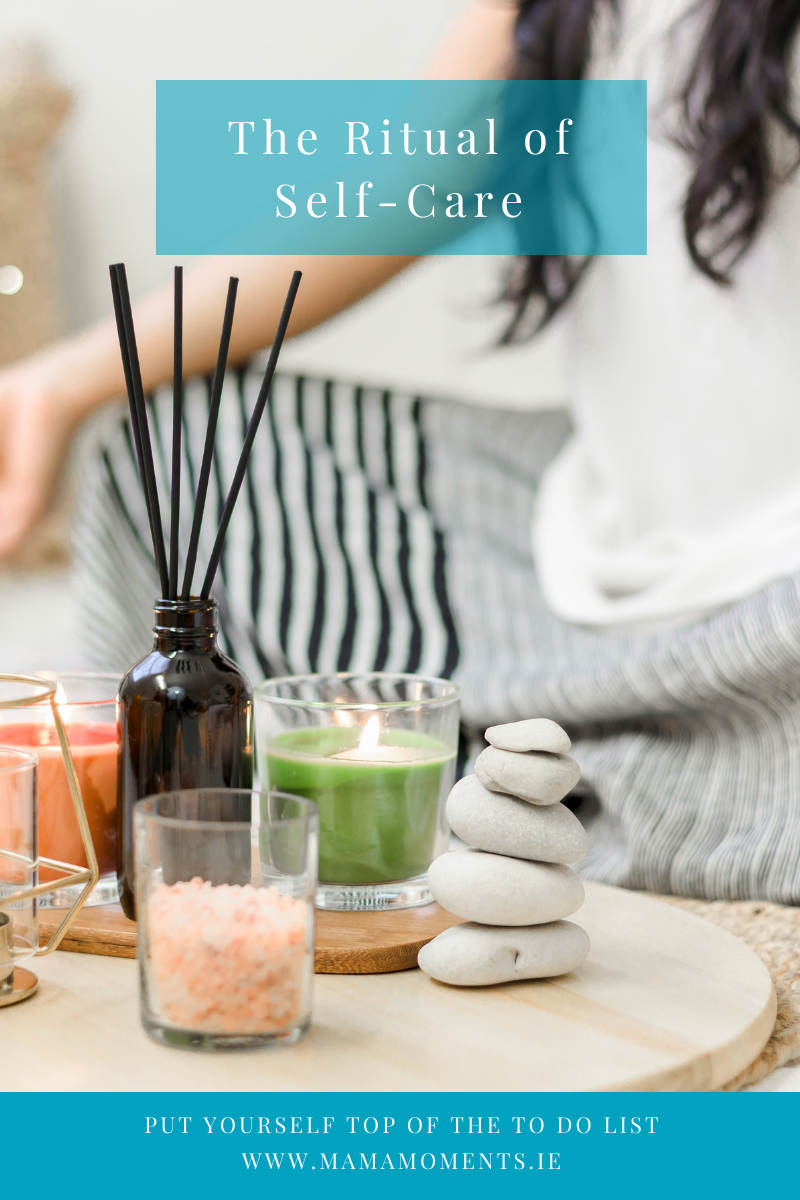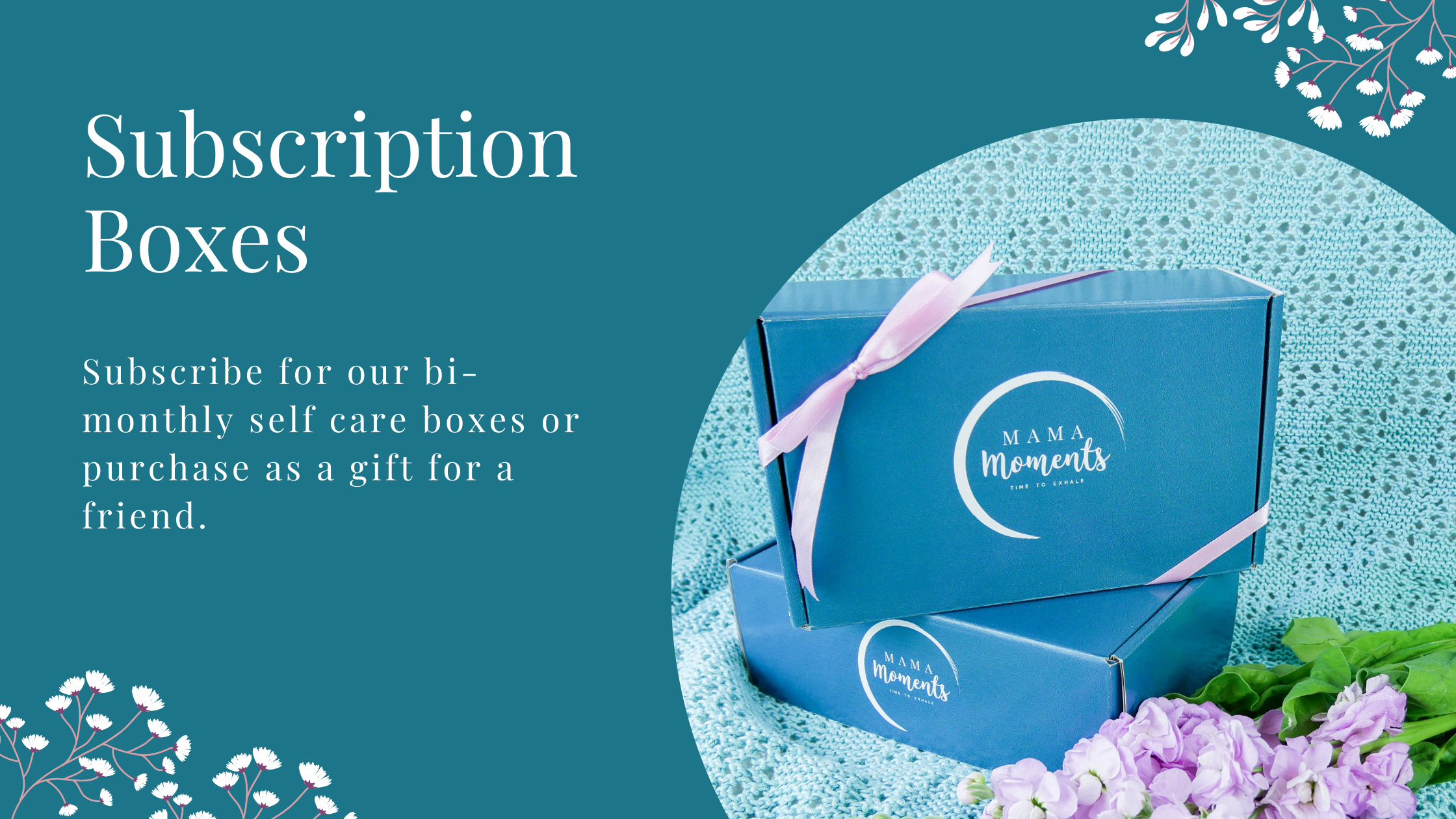 For many of us, the idea that self-care is necessary only strikes us when we reach our lowest or hit burnout or when our bodies beg us to slow down our lives. But really, it should never get that far.
For many of us, the idea that self-care is necessary only strikes us when we reach our lowest or hit burnout or when our bodies beg us to slow down our lives. But really, it should never get that far.
Self-care is a preventative measure. It’s something we do for ourselves, so we never have to hit these plateaus in our life.
But what is the one thing we hear over and over again when we talk to our friends about self-care?
“I don’t have the time.”
Time is a deciding factor when we give those minutes over to something else. That something else is often a chore, a demand, a responsibility, and very rarely affects us in a positive, personal manner. And yet, time is not the explicit construct we think it is. If we don’t have a self-care routine or ritual yet, we simply haven’t figured out how to bend and manipulate our time to fit our rituals in.
So, let’s talk about the importance of ritual in self-care and how we can create that all-important self-care ritual that will benefit our bodies, minds, and spirits and our relationship and happiness level of those around us.
The Importance of Ritual in Self-Care
We know that self-care is considered anything that we do specifically for ourselves to support and care for our mental well-being, physical health, and emotional security. What is deemed necessary self-care for one person may be the complete opposite to another. It is quite literally a “to each their own” scenario.
What is important to remember about self-care is that we give the time and effort to decide to partake in self-care consciously. And this, of course, is where a lot of us fall down because life creeps in and steals the time we thought we might invest in ourselves. And just like that, we fall down a rabbit hole of, “I’ll do the ironing first, and then I’ll read my book,” only to find the dinner has to be then made, or “I don’t have time to go for a walk because I have to clean out the boot of the car,” and so on and so on.
But self-care is as important (if not more so) than the daily tasks of life or the running mill of careers. When we specifically and actively care for our minds and bodies, we reduce stress, anxiety, and the risk of illness while increasing our concentration, happiness, and self-esteem levels. In addition, we avoid the risk of burnout or other complications in life. For these reasons, I encourage creating a ritual of self-care.
Putting ourselves first is not about dipping our toes into a bubble bath when we find the time. It’s not about squeezing in a lunch date with your best friend in between stressful commitments because you feel you should. Instead, self-care is about creating a ritual, a routine, a habit that encourages self-care to be a part of your daily life. Something that is done as deliberately as changing gears when you’re driving. It becomes second nature and is a critical aspect of driving that car.
With intention and purpose, self-care becomes a necessary, justified, and supportive ritual of life.
What Are Rituals in Self-Care?
Whatever we choose to do with our dedicated self-care time, the idea is to create a habit or a ritual that speaks to you, something you routinely do to protect your well-being. This could be waking early and meditating before the school run. Taking 30 minutes before the kids return from school for a coffee and your book. Mindfully eating your lunch with gentle music playing. Putting on the diffuser and following a yoga video on YouTube.
A ritual is a habit you will commit to. This commitment, in turn, is to yourself and your well-being.
How to Create a Self-Care Ritual
Creating a ritual comes down to two things:
1. Recognising the ritual is crucial and essential
To encourage a long-term commitment to self-care, we must validate its importance. There is no judgement when it comes to caring for ourselves. Yet, society implicates us in a pang of guilt that it is selfish or egotistical to do something or take the time to focus on ourselves specifically. Ridding ourselves of these thoughts is tricky, but the more you commit to your chosen self-care ritual, the more you see the benefits, the less these thoughts will filter into your mind.
2. Finding the time
Funnily enough, the time is already there, but we internally choose to give it up to something else. We sit to relax, and suddenly our mind tells us we should be doing something else, something more worthy of our use of that time. Creating a ritual allocates that time specifically to our needs. A ritual encourages us to pursue this routine and habit the more actively we do it. The time is there. We simply need to give it a distinct purpose, with that purpose being our self-care.
By recognising the importance of our ritual and allocating time to it, we tell ourselves that our self-care and well-being are essential. Our ritual is about giving ourselves the time, space, and practice to tune into ourselves. So, how do we actively do this?
-
Find a time that suits you – This could be the morning before everyone gets up, the afternoon when the house is quiet and everyone is in school, or when the kids are in bed asleep in the early evening.
-
Find a practice that will uplift you – It could be reading, yoga, knitting, running, painting by numbers, anything that looks after you and gives you the time and space to care for your needs and fill your cup.
-
Experiment – If the time of day or activity is not what you were looking for and not reaping the benefits you thought it would, experiment with different practices at different times of the day.
-
Start small – Start small with little things like using a diffuser daily, lighting candles when you’re working, or using an essential oil roller on your pulse points and create small habits which actively lift you. By starting small, you are not awaiting large results, but slowly implementing habits that can be increased later on when your ritual is established.
-
Keep Going – It can take anywhere from 18 to 254 days to create a habit. Trust that creating a self-care ritual will benefit you in the long run and keep going.

